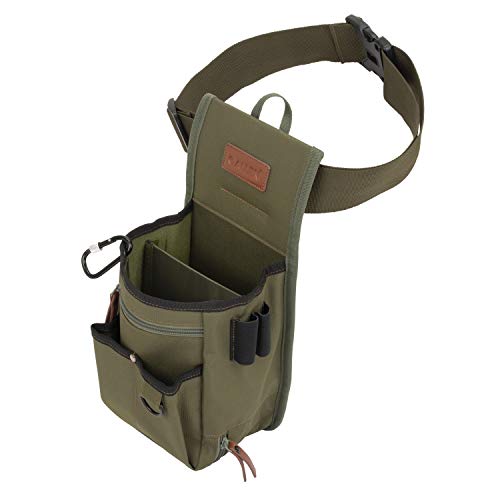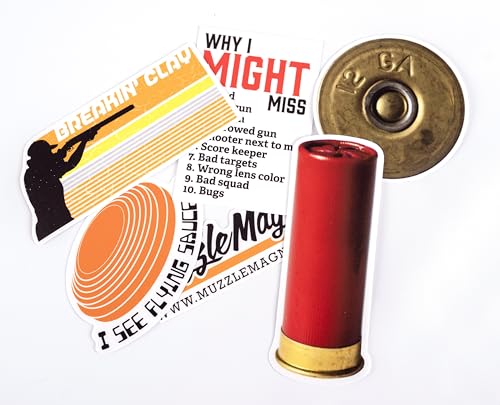Nick - Thanks for your reply.
Taking your points in turn,
1. I, respectfully, disagree. If someone is having their right to hold a shotgun interfered with, it should be a qualified psychiatrist who makes the determination. Should a GP who has had no specialist training in mental health be tasked with determining this? I won't start listing my anecdotal experience of doctors who see any systems of tiredness/sleeplessness/pain as indicative of depression...
2. If a doctor is tasked with, in effect, making a decision as to someone's suitability to hold a shotgun, surely it would need to be recorded on medical records so that the 'flag' comes up when depression? It would be quite strange if it was down to doctors subjective knowledge of individual, particularly when many GP surgeries mean that people see the doctor available on the day. I think your suggestion would require some kind of medical tagging and a statutory obligation on medical professionals to report.
3. Noting necessity for statutory obligation, it would really have to be a penalty imposed under stature for failing to report - from either a new Regulator or the court. The GMC would not be appropriate for a statutory offence.
4. There would need to be a comprehensive list or statutory criteria. The problem is that many of these problems blur into other problems - there would need to be a clear tipping point. What about generalised anxiety disorder, anorexia, stress, OCD, nail biting...?
5. Why is it unenforceable? If someone has been found out to have avoided "usual" channels, should there be a statutory penalty for such avoidance? Should it be treated in the same way as lying on an application? Should it be simply revocation or go further, perhaps a summary criminal offence?
There is also the point that, in my understanding (statutory discretion to issue a gun licence lies with the police (the relevant chief constable). The automated approach you set out would remove that discretion and that would effectively land in the hands of doctors. These doctors may not want it. Could we find a situation where doctors seek not to have to treat patients with shotgun licences so as to avoid exposure to sanctions is they get it wrong?
The points I am making above are to emphasise that sweeping general policy makes bad law. If such a law is put in place it would have substantial implications and so all these things would need to be thought about.
Finally, as to your rather bizarre drink drive comparison (yes, it is a bizarre comparison given that you are talking about a criminal offence), I would first do (i) and then (ii) if (i) was not successful. If you are trying to question my moral judgment, go for it!!!!




















![Lamicall Motorcycle Phone Mount Holder - [Camera Friendly] [1s Lock] Bike Phone Holder Handlebar Clamp, Bicycle Scooter Phone Clip, for iPhone 16 Pro Max, 15 14 13 Mini, 2.4~3.54" Wide Phones, Black](https://m.media-amazon.com/images/I/41aw3bQa3FL._SL500_.jpg)






















